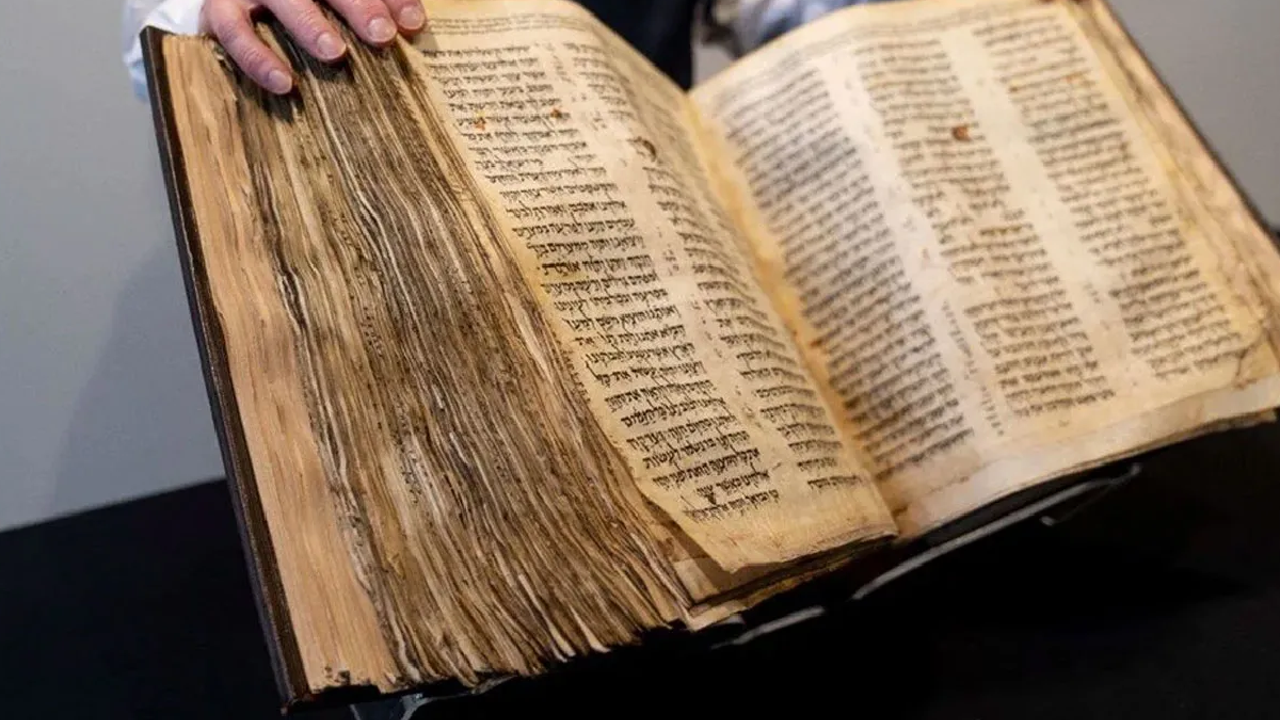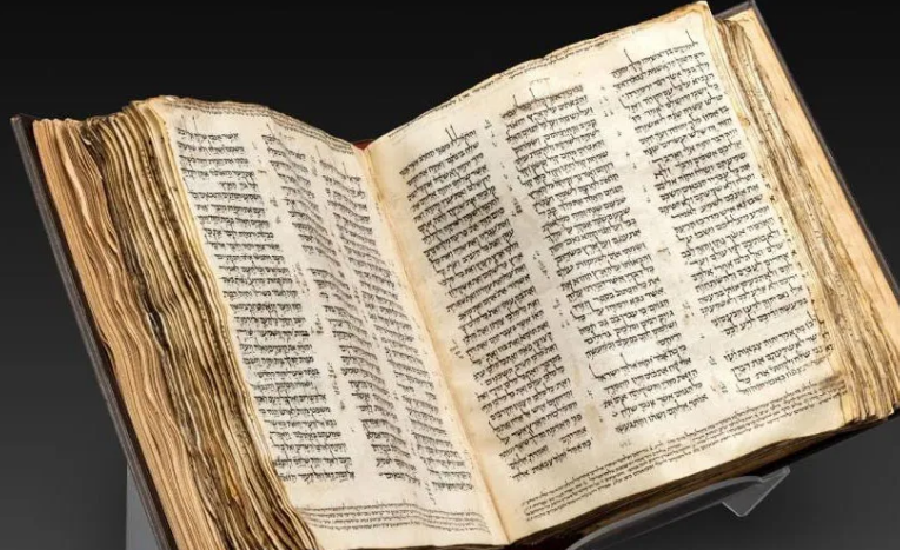World's oldest Bible sold at record price
Sotheby's Auction House has sold the world's oldest complete Hebrew Bible for a record price. The highest bidder for the Bible was Alfred H. Moses, former US Ambassador to Romania and President of the American Jewish Committee, who donated the Bible to the same museum. The book is said to be important because it serves as a bridge between the Jewish oral tradition and the modern Hebrew Bible.

Sotheby's Auction House announced the sale of the world's oldest and most complete Hebrew Bible for $38.1 million. The highest bidder for the 1,100-year-old manuscript, known as the "Codex Sassoon", was Alfred H. Moses, former US Ambassador to Romania and President of the American Jewish Committee. It was stated that the Bible was purchased on behalf of the US supporters of the ANU Museum of the Jewish People in Israel and donated to the same museum, while the bid was one of the highest ever for a book or document.
THE HIGHEST PRICE EVER PAID FOR A BOOK
While Sotheby's Auction House noted that the price exceeded the $30.8 million paid in 1994 for Leonardo da Vinci's Codex Leicester manuscript, it was still below the $50 million estimate in February and the $43.2 million paid for the first edition of the US Constitution, the highest price paid for any book or document in 2021.

ONE OF THE OLDEST BIBLES
Written in the 900s, Codex Sassoon is named after David Solomon Sassoon, one of the most important collectors of 20th century Jewish and Hebrew manuscripts, who purchased the book in 1929. The book is said to be important because it serves as a bridge between the Jewish oral tradition and the modern Hebrew Bible. The Codex Sassoon is also known to be older than the "Aleppo Codex", a bound manuscript of the Hebrew Bible, and the "Leningrad Codex", one of the oldest complete manuscripts of the Hebrew Bible.
Source: Ihlas News Agency







